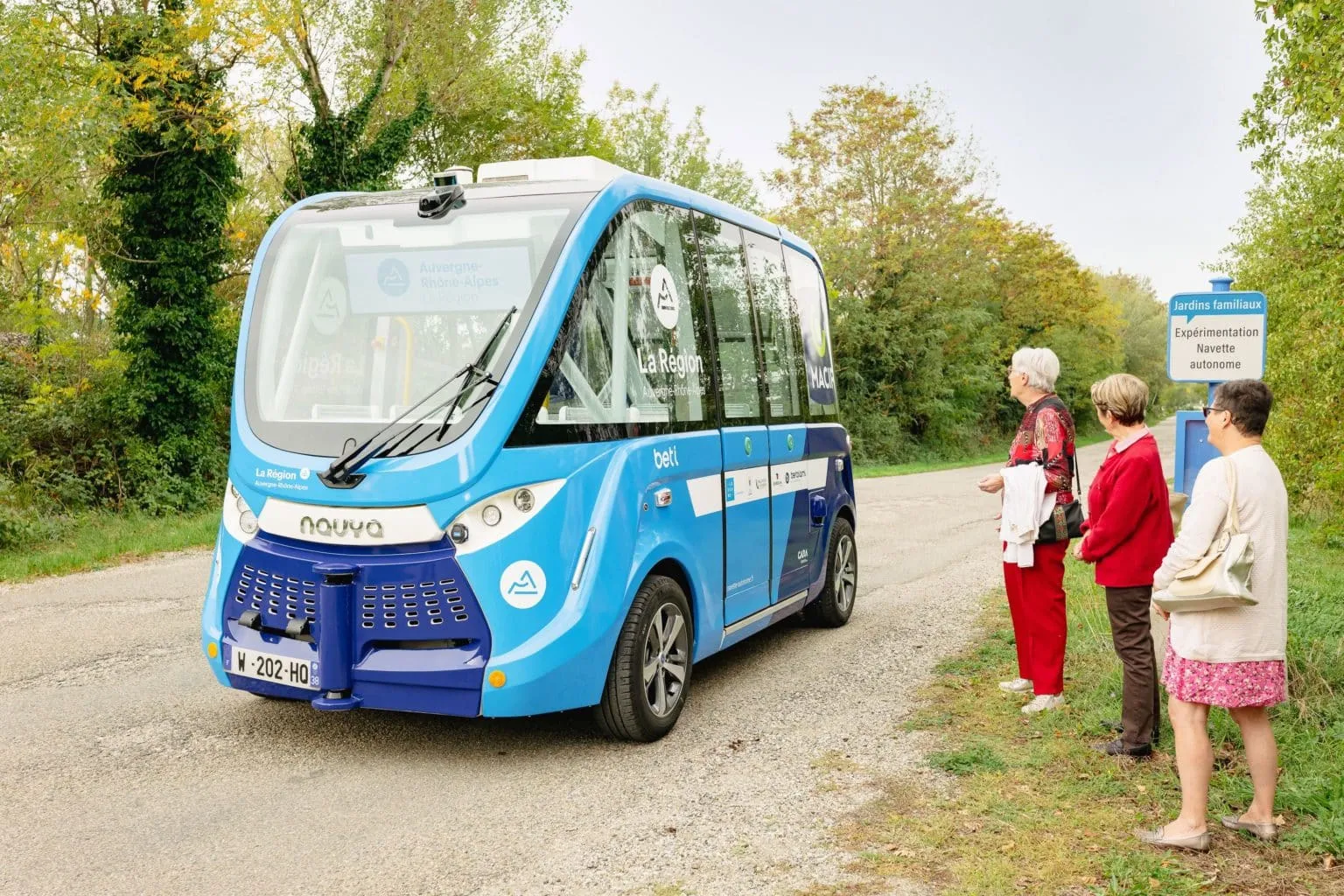The consortium, called Groupe des Partenaires pour la Mobilité des Montréalais (Groupe PMM), is also working with Surveyer Nenniger & Chênevert ( SNC-Lavalin) in a contract worth around $2.8bn (£1.5bn). Alstom's share of this is estimated at $2.2bn (£1.21bn) and SNC-Lavalin's is $600m (£332m).
Once completed, REM will be 67km long with 26 stations that connect Montreal to the South Shore, the North Shore, the West Island and Pierre Elliot Trudeau International Airport.
Groupe PMM will deliver 212 Alstom Metropolis metro cars, Alstom’s Urbalis 400 driverless and automated communications-based train control and Iconis control centre solutions, as well as platform screen doors, Wi-Fi connectivity and 30 years of operations and maintenance services. In addition, the consortium will manage train and system integration tests and depot equipment supply for train maintenance.
Alstrom will also create a global centre of excellence in Montreal for the research and development of integrated systems of control in urban mobility. The facility will bring together around 100 professionals who will collaborate on developing solutions to be used in company projects worldwide.
Commercial service on the first segment of REM is expected in summer 2021.
Alstom-led consortium to deliver driverless light metro system to Montreal
An Alstom-led consortium has joined forces with Caisse de Dépôt et Placement du Québec subsidiary DCPQ Infra to deliver an automatic and driverless light metro system for the Réseau Express Métropolitain (REM) project in Montreal, Canada. Alstom will introduce train and signalling solutions to help maximise system reliability, performance, capacity and passenger experience.
The consortium, called Groupe des Partenaires pour la Mobilité des Montréalais (Groupe PMM), is also working with Surveyer Nenniger
April 17, 2018
Read time: 2 mins
An 8158 Alstom-led consortium has joined forces with Caisse de Dépôt et Placement du Québec subsidiary DCPQ Infra to deliver an automatic and driverless light metro system for the Réseau Express Métropolitain (REM) project in Montreal, Canada. Alstom will introduce train and signalling solutions to help maximise system reliability, performance, capacity and passenger experience.









